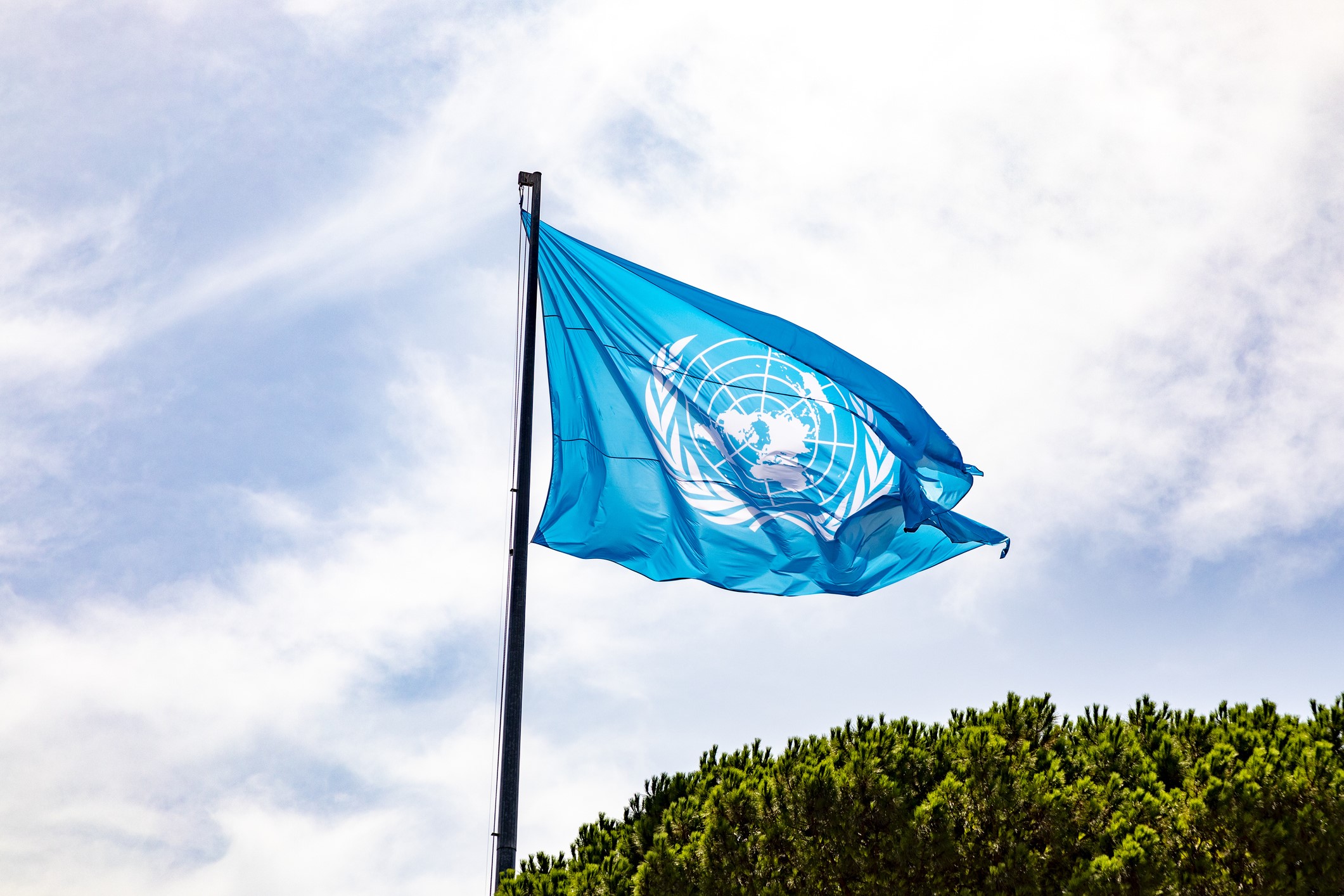Above, watch the full conversation between New York Times columnist Thomas L. Friedman and Aspen Institute President and CEO Walter Isaacson about Friedman’s latest book “Thank You For Being Late.”
In San Diego, Calif., there’s a team of janitors whose daily routine offers a glimpse into the future of work. They do not respond to maintenance calls on the phone or over an intercom. Instead, they patrol the halls with iPads connected to every switch, outlet, and door in the building. Those devices can tell them if a room is at the wrong temperature, if a sink has a leak, or if a computer has been left on and even give instructions on how to resolve each issue. It’s the new normal for the California campus of Qualcomm, where the janitors are now “maintenance technologists.”
New York Times columnist Thomas Friedman uses this team as an example to explain how new technologies can and will transform the ways we work, live, and interact at a Gildenhorn Series discussion on his latest book, Thank You For Being Late: An Optimist’s Guide to Thriving in the Age of Accelerations. The central thesis of the book is that the way we use technology will only become more intertwined with the way we live our lives as innovation advances at a faster rate — and we need to be prepared.
Friedman began the discussion with the assertion that “all the things that are important today are the things you cannot download. It’s all the things you have to upload the old fashioned way: one human being to another.” This may seem like an odd sentiment from someone who has spent so much time researching and writing a book that explains, and celebrates, the power of technology. But for Friedman, the most important point to be made about our rapidly changing world is that, if we are to thrive within it, we cannot replace human interaction with digital connection.
In the book, he boils down the major changes happening in our world into three distinct “accelerations.” They are the Market (digital globalization), Mother Nature (climate change and the environment), and Moore’s Law (the fact that technology is advancing at an exponential rate). He explains that these changes are happening rapidly and can be incredibly dislocating for many people who are expected to put their jobs, and in many cases their lives, into the hands of new technologies that they are not accustomed to.
The discomfort and even fear that accompanied this shift toward a world more reliant on technology have, according to Friedman, played a part in the political events of the last year. The Brexit vote and the election of Donald Trump can be read as a mass rejection of a changing world in favor of promises to restore a more familiar global order.
Friedman compared that pace of change to a hurricane, saying that politicians will have to decide between trying to stop the inevitable storm and working to create new policy within it. “Some of our leaders want to build a wall against the hurricane,” he said. “And my argument is you have to build an eye that moves with the storm, draws energy from it, but creates a platform of dynamic stability within it. That is the healthy community where people can feel connected, protected, and respected.”
Over the next few years, Friedman argues that the most significant struggle in American politics and around the world will be between those who want to build the wall and those who want to build the eye. Or in other words, between those who fully reject the changing world and those who are committed to helping their communities thrive within it.
“This book,” he said, “is a manifesto for the eye people.”


